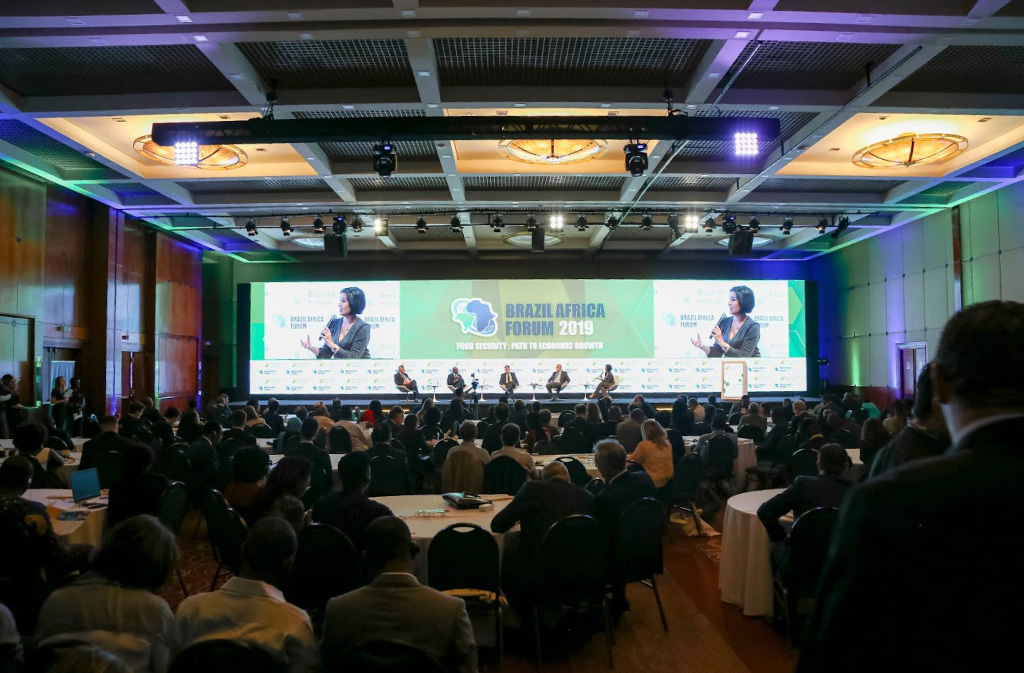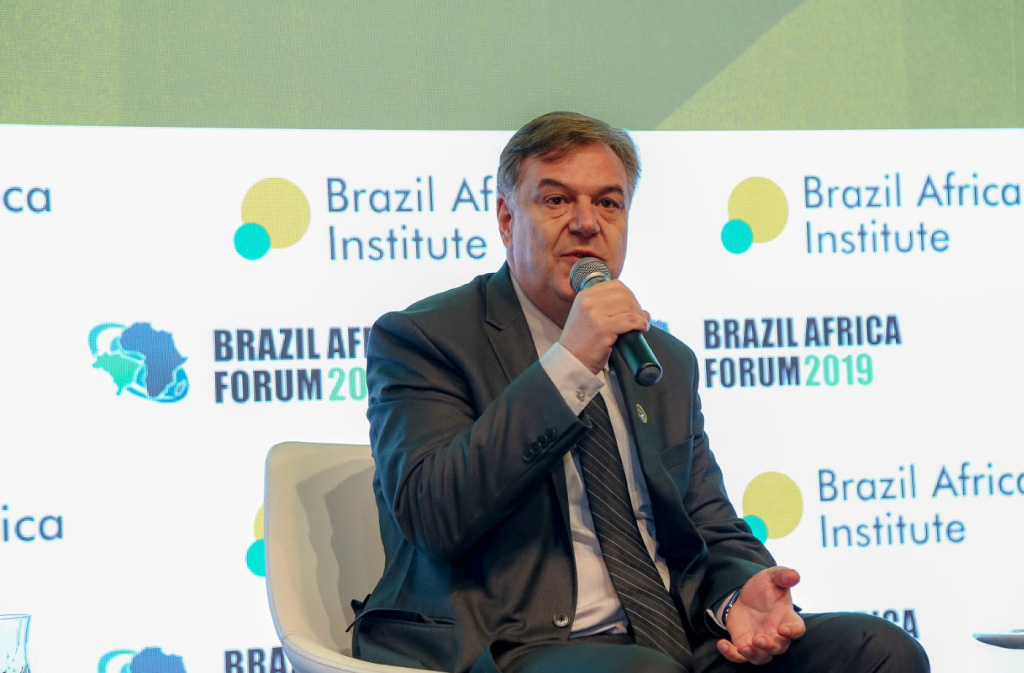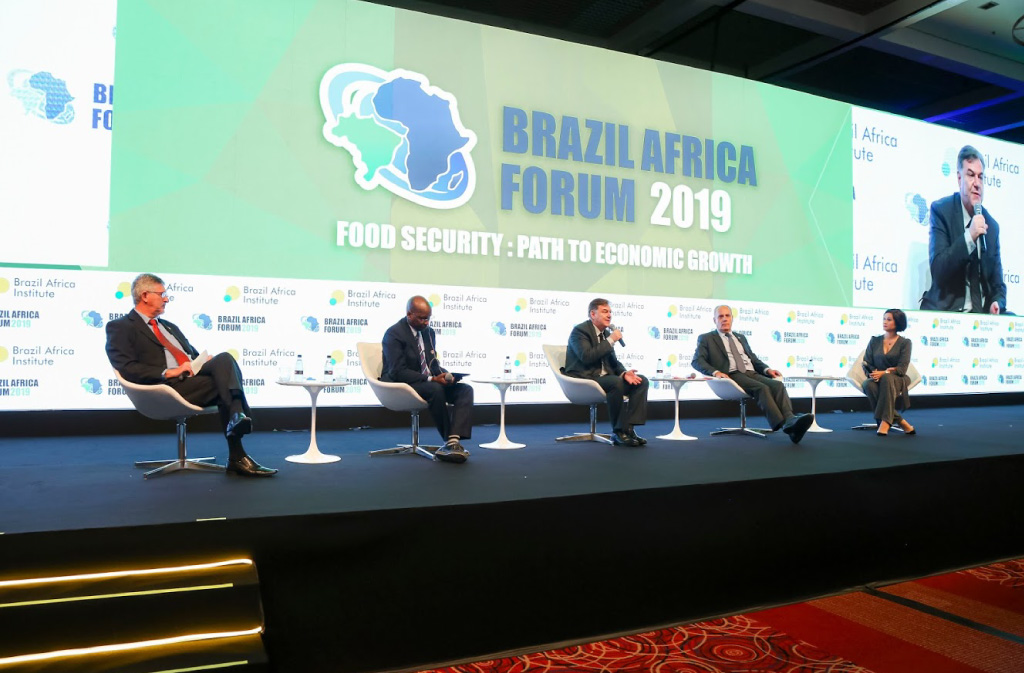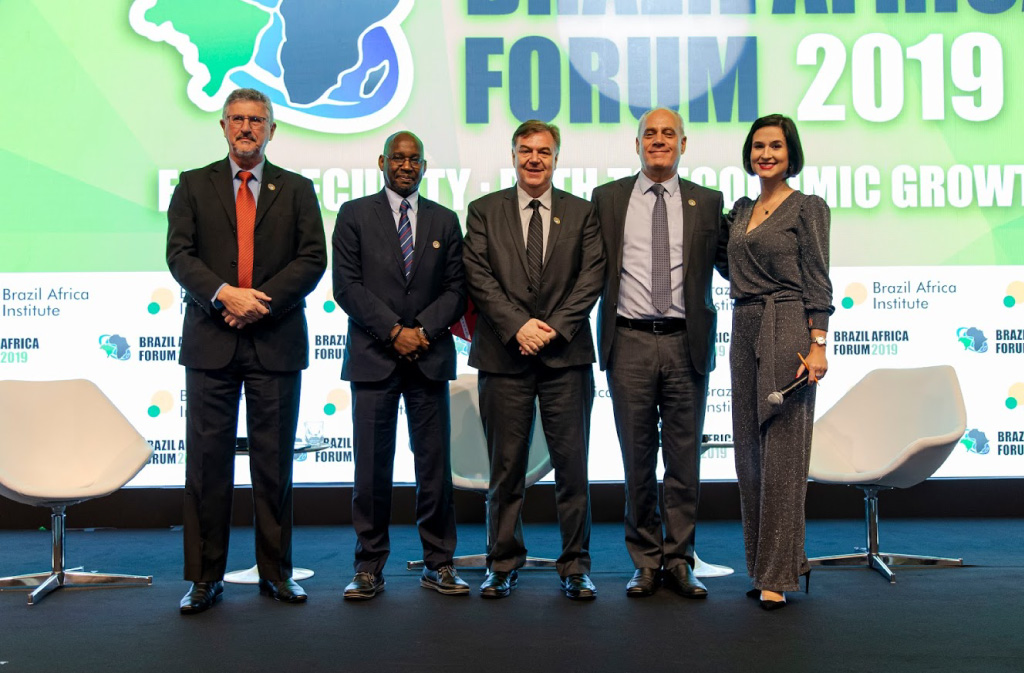
About 200 representatives from governments, non-governmental organizations, the private sector, academia and potential investors met in Sao Paulo on November 12 and 13, looking for ways to strengthen relations between Brazil and the African continent. They participated of the seventh edition of the Brazil Africa Forum, which this year’s theme was “Food Security: path to economic growth”. The event was organized by the Brazil Africa Institute, in partnership with several organizations, including the World Food Programme (WFP) Centre of Excellence against Hunger.

Providing access to the necessary food to guarantee an active life for people is at the basis for development. Unfortunately, hunger seems to be on the rise again after a prolonged decline. Conflicts, droughts, and disasters linked to climate change are among the main factors that cause this reversal in progress. In this context, the event sought to bring together governments, organizations and the private sector to develop effective plans that are economically viable, socially fair and ecologically correct
As food security has a multi-dimensional essence, the main theme was discussed under the most varied perspectives such as technology, trade and investment, mechanization, sanitation and education. The Director of the World Food Programme (WFP) Centre of Excellence against Hunger, Daniel Balaban, attended one of the plenaries, “Feeding the World: a call to action”, and drew participants’ attention to the importance of smallholders and family farmers in the feeding systems that aim at fighting hunger.

According to Daniel Balaban, it is necessary to find ways for family farmers and smallholders to sell their products in a structured manner, through the creation of demands by governements that can use the food produced in school feeding programmes and hospitals, for example. He noted as a good practice the National Food Programme of Brazil (PNAE): “30% of the Brazilian federal budget goes to school feeding programmes and food is bought from these small producers, who previously had only their own subsistence as a goal”.

Besides that, the Director talked about the importance between Brazil and Africa and explained the work done by the Centre of Excellence against Hunger, which has already bennefited more than 30 countries in the African continent. Hamady Diop, Head of Technical Cooperation and Advisory Services of the African Union Development Agency (AUDA-NEPAD); Marcos Brandalise, Founder and CEO of Brazafric Group; and Demétrio Carvalho, Deputy Director of the Brazilian Cooperation Agency (ABC), also participated in this plenary. The mediator was Caroline Ribeiro, Head of Communications of the Brazil Africa Forum. They discussed the urgent need to tackle the hunger problem, which increased after years of decline. (With information from the Brazil Africa Forum website)




